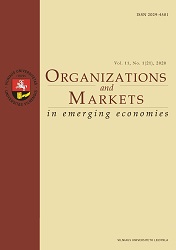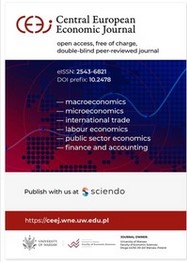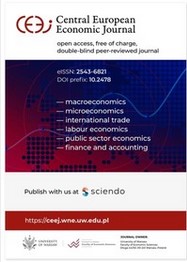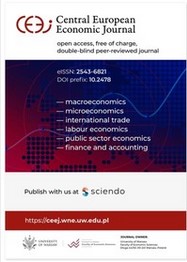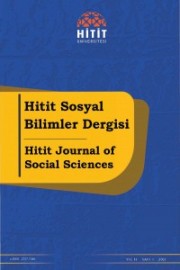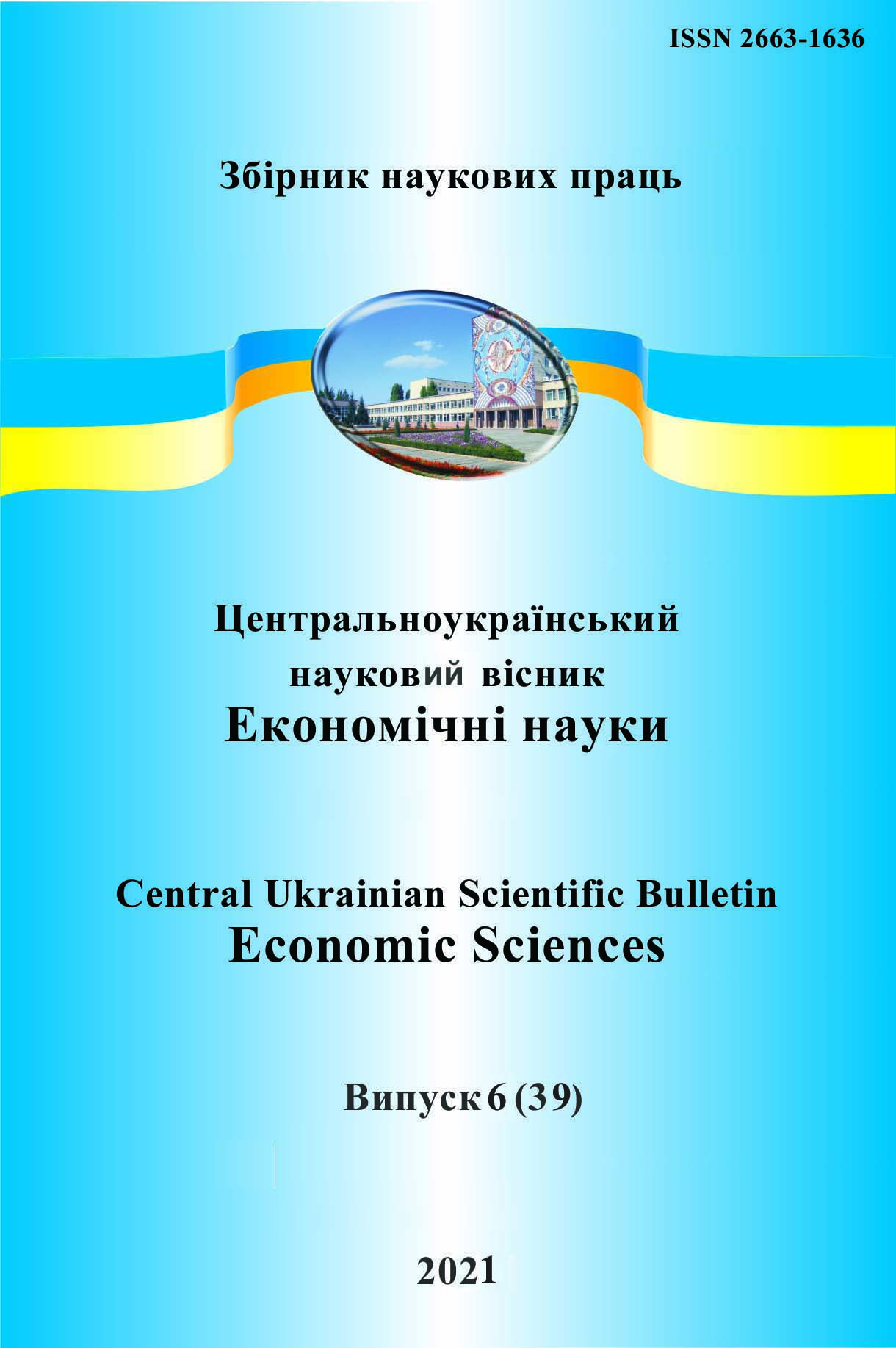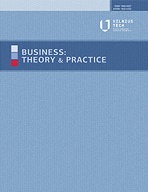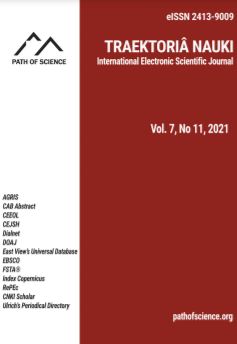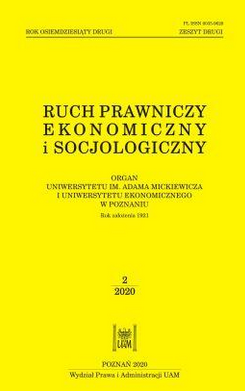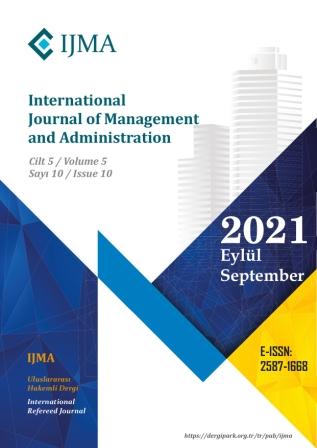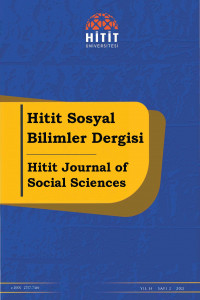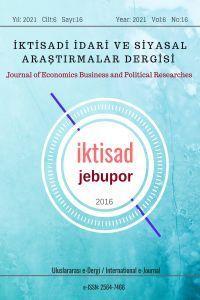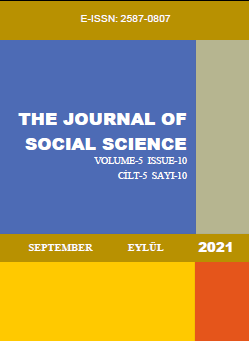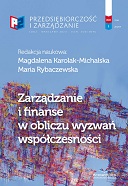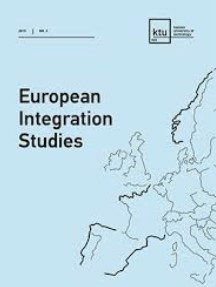THE IMPACT OF CULTURAL DISTANCE ON THE PERFORMANCE OF FOREIGN SUBSIDIARIES: EVIDENCE FROM THE KOREAN MARKET
This study investigates whether the cultural distance between Korea and the home countries of foreign subsidiaries in Korea affects the subsidiaries’ financial performance. It contributes to the literature on international business in that it sheds light on cultural distance, a well-established but somewhat neglected concept in international business. Unlike most of the previous studies that have used cultural distance as a control or moderating variable, this study uses it as an independent variable in the context of globalization through foreign direct investments in Korea. Focusing on the possible positive side of broad cultural distance, we hypothesize that the performances of foreign subsidiaries are likely to be better when the cultural distance between their home countries and Korea increases. To test our hypothesis, we have conducted an empirical analysis, using data collected from 472 foreign subsidiaries doing business in Korea. The results support our argument that cultural distance has a positive impact on financial performance. This study finds that having cultural similarities with a foreign market does not guarantee success. Instead, it shows that firms can gain opportunities when incorporating in a foreign national market with broad cultural distance.
More...
